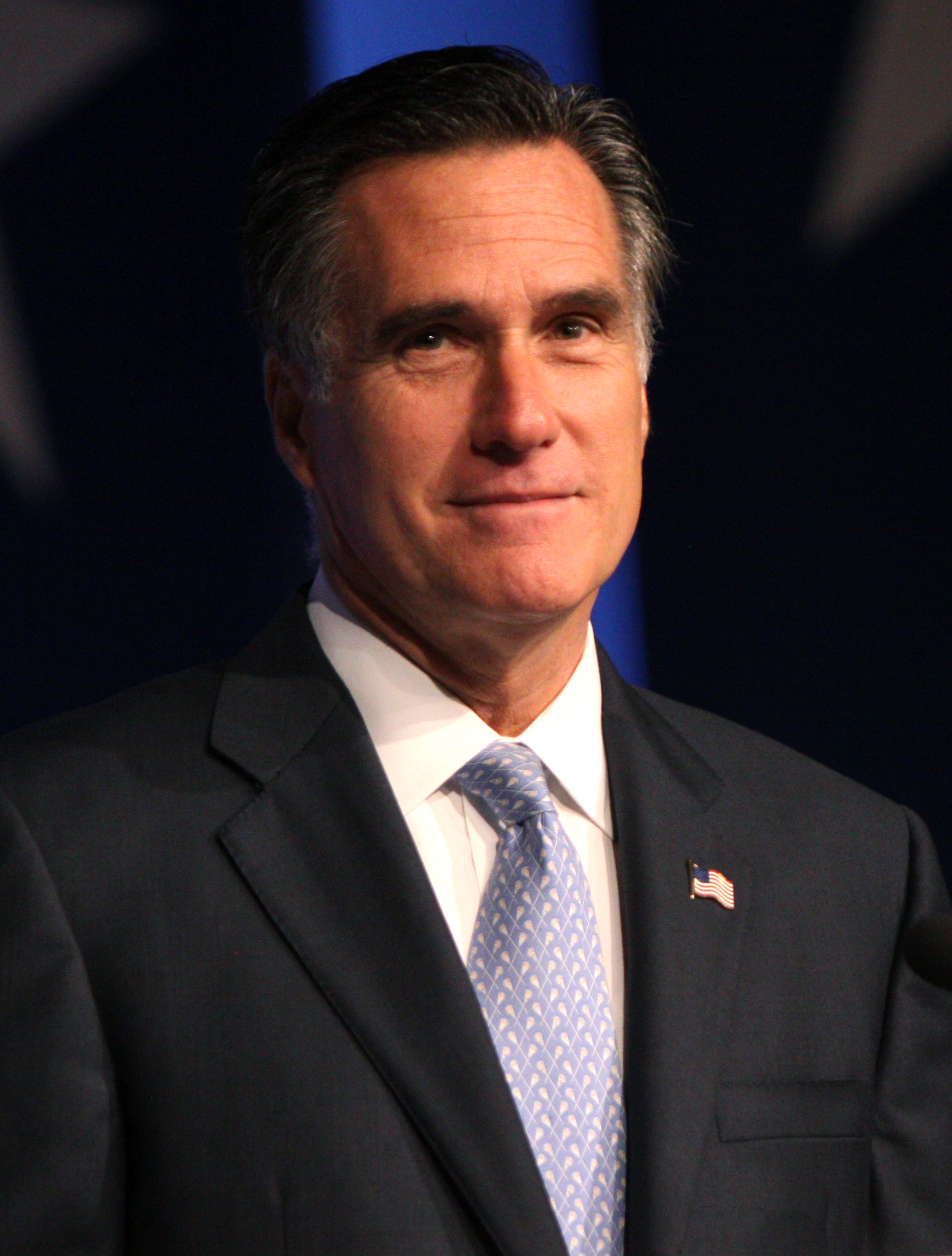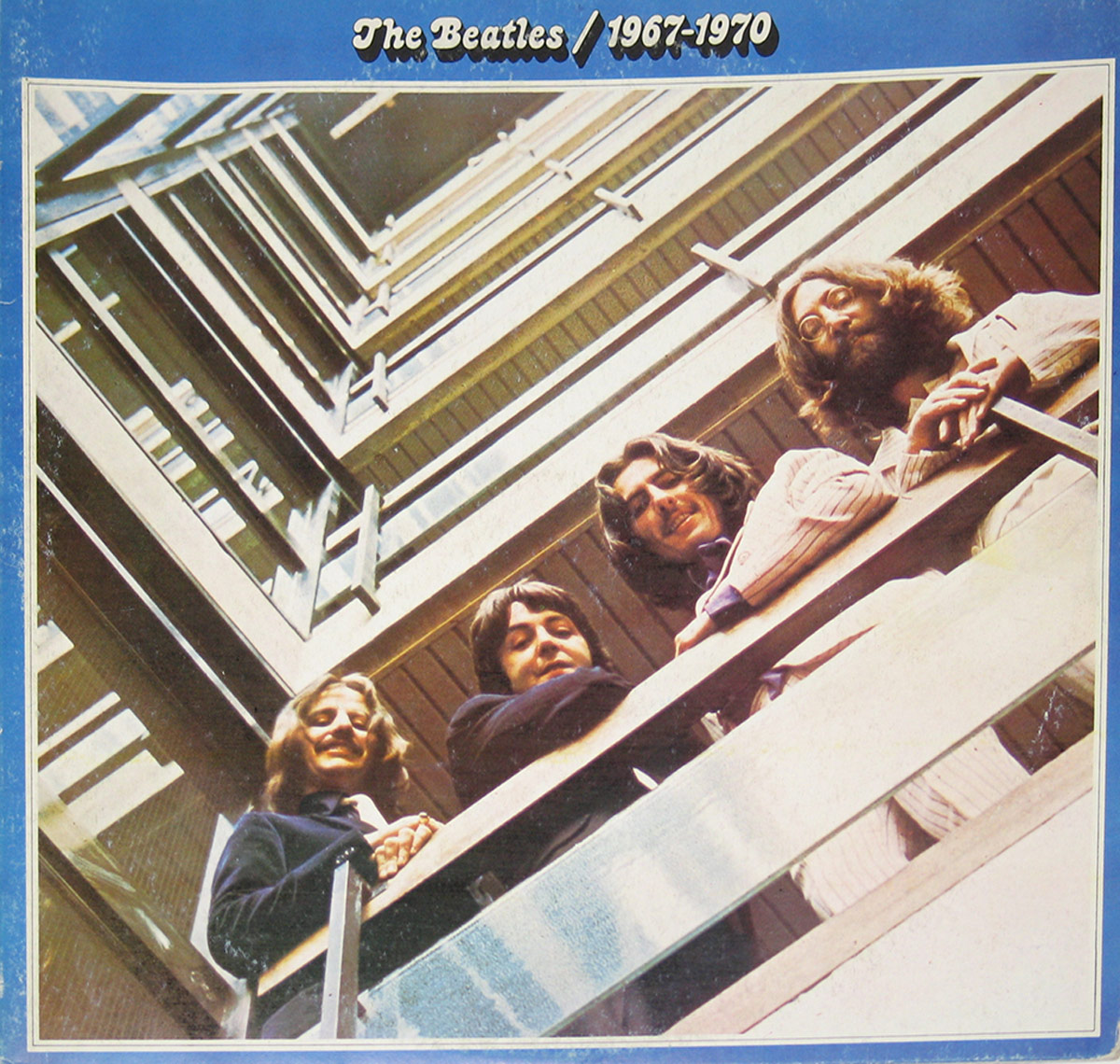
Hollywood’s elite often conjure images of extravagant mansions, luxury cars, and designer wardrobes, a lifestyle synonymous with limitless spending. The notion that some of the world’s richest celebrities might actually practice frugality seems almost paradoxical, a narrative that defies public expectation. Yet, behind the glitz and glamour, a surprising truth emerges: many high-net-worth individuals, including beloved public figures, consciously embrace habits that prioritize saving, efficiency, and mindful consumption. This isn’t about mere penny-pinching; it’s a strategic approach to managing resources that underscores a deeper financial wisdom.
Frugality, as defined in behavioral science, is “the tendency to acquire goods and services in a restrained manner, and resourceful use of already-owned economic goods and services, to achieve a longer term goal.” It’s about avoiding waste, lavishness, or extravagance, and making intentional choices about where money goes. Far from being a sign of deprivation, it represents a powerful mindset where individuals actively seek value, reduce unnecessary expenditures, and often, find greater fulfillment in simpler alternatives. This discerning approach proves that being rich doesn’t automatically equate to reckless spending; rather, it can be accompanied by an astute understanding of financial prudence.
In this deep dive, we’re pulling back the curtain on the surprising frugal habits adopted by some of Hollywood’s most recognizable and wealthiest personalities. Their choices challenge common perceptions, offering invaluable insights into how even those with vast fortunes choose to live economically. From cooking their own meals on the road to eschewing high-end salons, these stories reveal a commitment to sensible spending that can inspire anyone looking to bolster their own financial well-being. Prepare to discover that true wealth often lies not in what you spend, but in how wisely you manage what you have.

1. **Danica Patrick: Cooking Your Own Meals on the Go**
Race car driver Danica Patrick, who concluded her 14-year career after the Indianapolis 500 in 2018, demonstrates a remarkable commitment to frugality, particularly when she’s on the move. Despite her estimated net worth of $60 million, she prioritizes making her own meals while traveling. This habit not only helps her keep costs in check but also aligns with a healthier lifestyle, showcasing a dual benefit that many can appreciate.
Patrick openly shares her enthusiasm for this practice, stating, “I love to cook. While it can sometimes be hard to have all the right ingredients when I’m on the road, I love stopping by local farmers markets and cooking as often as I can.” This reveals a proactive approach to meal preparation, seeking out fresh ingredients wherever her travels take her. It’s a testament to her dedication to both her health and her finances, proving that convenience doesn’t always have to come at a premium.
The financial impact of this habit is substantial and easily quantifiable. The article highlights that if one spends an average of $8 on lunch from a restaurant every day, opting to bring a homemade lunch that costs $5 can lead to significant savings. This simple change can save an individual $60 a month, accumulating to an impressive $720 over the course of a year. Patrick’s choice underscores the power of small, consistent actions in building up one’s savings over time, a lesson applicable to everyone, regardless of their income bracket.

2. **Laila Ali: Embracing DIY Beauty and Personal Care**
Laila Ali, the accomplished daughter of boxing legend Muhammad Ali, exemplifies frugality in her personal grooming habits, preferring to style her own hair rather than frequenting expensive salons. With an estimated net worth of $10 million, her choice to forgo professional blowouts and treatments is a surprising revelation for many. Her background as a former professional boxer, cookbook author, and entrepreneur speaks to a disciplined and resourceful nature, which clearly extends to her financial decisions.
Ali’s reasoning behind this habit is rooted in practicality and a clear understanding of her priorities. She eloquently explained to Kiplinger.com, “My time is precious. I don’t have time to drive an hour to a salon and then sit there for a couple more hours getting my hair done. It’s really not that serious or important to me.” This perspective highlights a conscious choice to value her time and energy over the perceived necessity of costly beauty services. She extends this practice to her daughter, Sydney, styling her hair as well, reinforcing the habit within her family.
The financial upside of Ali’s approach is considerable. For context, the average cost of a trip to a hair salon in the Los Angeles metro area, where she resides, is approximately $61. By consistently styling her own hair, Ali is not only saving a substantial amount of money each week or month but is also reclaiming precious hours that would otherwise be spent commuting and waiting. This habit serves as a powerful reminder that self-reliance in personal care can lead to significant savings and a more efficient use of one’s valuable time.

3. **Mitt Romney: The Savvy Shopper’s Mentality for Everyday Goods**
Former GOP presidential candidate and current Utah junior United States senator, Mitt Romney, with an estimated net worth of $250 million, harbors several remarkably budget-conscious spending habits that defy his substantial wealth. His approach to purchasing, particularly for items like golf equipment, reveals a mindset focused on value rather than brand prestige or perceived luxury. It’s a habit that challenges the stereotype of affluent consumers always opting for the most expensive choices available.
A 2011 New York Times article shed light on some of Romney’s surprising frugal tendencies. Among them, he is known for buying his golf clubs at Kmart, a far cry from the high-end pro shops often frequented by individuals of his financial standing. Beyond golf clubs, he also opts for JetBlue to secure cheap airfare and even tackles home renovations himself, showcasing a hands-on approach to saving money. These actions are a clear indication that for Romney, value and practicality trump luxury.
Central to Romney’s philosophy is a powerful mantra, quoted by a family friend in the same article: “Just because you can afford something doesn’t mean you should buy it.” This principle encapsulates a disciplined approach to spending, where financial capability does not automatically translate into indulgence. It’s a profound lesson in fiscal self-restraint, suggesting that true wealth allows for the *choice* of frugality, rather than being dictated by a need to spend. This ethos extends beyond his personal life, as he previously pledged similar frugality within the federal government, advocating for significant spending cuts.

4. **David Cheriton: Maximizing Resources and Minimizing Waste**
David Cheriton, the Stanford University professor and an early private investor in Google, boasts an astounding estimated net worth of $6 billion. Despite his billionaire status, his lifestyle is strikingly modest, characterized by habits that prioritize resourcefulness and waste reduction. His choices are a powerful demonstration that immense wealth doesn’t necessitate an extravagant personal life; rather, it can coexist with profound simplicity.
Cheriton’s frugal tendencies are deeply ingrained. One notable habit is his practice of saving half of his meal when dining at a nice restaurant for consumption the next day, ensuring no food goes to waste. This simple act reflects a broader philosophy of maximizing utility from every purchase. Furthermore, he has been cutting his own hair for over two decades and famously drives a 1986 Volkswagen Vanagon, eschewing luxury vehicles for a practical, long-lasting alternative.
The roots of Cheriton’s frugality trace back to his upbringing. He shared with Kiplinger.com, “Many of my frugal habits come from my parents, who grew up during the Depression and passed along the same careful habits.” This generational influence instilled a deep appreciation for conservation and avoiding unnecessary expenditures. It highlights how early life experiences can shape a lasting financial philosophy, even when circumstances dramatically change.
His guiding principle is a personal version of accountability: “My rule is never spend in a way that I can’t explain to my parents without apology or embarrassment. It’s kind of a personal version of ‘never do anything you don’t want to see presented on 60 Minutes.'” This profound statement underscores a commitment to ethical and sensible spending, where every financial decision is held to a high standard of justification. It’s a powerful tool for self-assessment, encouraging thoughtful consumption and a rejection of lavishness that cannot be defended.

5. **Michelle Obama: Smart Shopping for Household Essentials and Fashion**
Michelle Obama, the former first lady, with an estimated net worth of $40 million (combined with her husband, Barack Obama), is widely recognized for her thrifty habits, particularly when it comes to everyday purchases and fashion. Her willingness to shop at discount retailers and wear affordable clothing challenges the perception that public figures must always be adorned in high-end designer wear. It signals an admirable practicality and relatability that resonates with many.
During her time in the White House, Mrs. Obama was famously spotted shopping at a Target store in the Washington, D.C., area. Her purchases included dog food and toys for the then-first family’s dog, Bo, demonstrating that even the most prominent families rely on accessible retailers for household necessities. This habit highlights a straightforward approach to consumerism, prioritizing convenience and value for routine items over specialized or exclusive shopping experiences.
Beyond household goods, Mrs. Obama also showcases her frugality in her fashion choices. Despite having access to virtually any high-end designer, she has been known to wear clothing from discount stores like H&M. A memorable instance includes her appearance on the Today show in 2011, where she wore a $35 dress from the retailer. This strategic choice proves that style does not always demand a hefty price tag, and that finding a bargain that still looks chic can be a genuine thrill. For those with a penchant for designer threads, the context also suggests that cutting costs can be achieved by shopping at consignment boutiques, where gently-worn items can be found at a fraction of their original retail price, offering a savvy alternative to full-price purchases.

6. **Warren Buffett: The Power of Long-Term Living and Modest Homes**
Warren Buffett, the founder of Berkshire Hathaway and an investment titan with an estimated net worth of $82.7 billion, is arguably one of the most celebrated examples of extreme frugality among the ultra-rich. His enduring commitment to a modest lifestyle, particularly concerning his residence, is a cornerstone of his legendary reputation. It’s a powerful testament to the idea that immense wealth does not require a commensurate display of material extravagance.
For an astonishing 60 years, Buffett has resided in the same 6,000-square-foot, five-bedroom stucco house in Omaha, Nebraska. He purchased this home for a mere $31,500 back in 1958. This decision stands in stark contrast to the sprawling mansions and multiple luxury properties often acquired by individuals of his financial caliber. His choice underscores a profound contentment with what he has and a deliberate rejection of the impulse to upgrade purely because he can afford to.
Buffett himself has spoken about the value of his home, calling it “the third best investment I ever made” in his 2011 annual letter to Berkshire Hathaway shareholders. He elaborated on the true worth of this purchase, stating, “For the $31,500 I paid for our house, my family and I gained 52 years of terrific memories, with more to come.” This quote beautifully illustrates that for Buffett, the value of his home is measured not in its market appreciation, but in the invaluable experiences and stability it has provided to his family over decades.
Comparing his initial investment to today’s market realities further highlights his enduring frugality; the median list price of a five-bedroom home in Nebraska is currently $375,000, approximately twelve times what Buffett paid. His decision to remain in his original home exemplifies a powerful long-term perspective on finances and personal well-being, demonstrating that sometimes, the best investment is the one that continues to serve your needs simply and effectively, fostering happiness without requiring continuous consumption.

7. **Bethenny Frankel: Master of Bargain Hunting and Avoiding Retail Prices**
Bethenny Frankel, the entrepreneur behind the Skinnygirl cocktail brand and a star of ‘The Real Housewives of New York City’, possesses an estimated net worth of $25 million, yet she operates with a sharp, frugal eye, particularly when it comes to her “guilty pleasure” – fashion. Her approach to clothing and shoe purchases is a prime example of disciplined spending, proving that even passion for style can be pursued without paying full price.
Frankel is famously adamant about never paying retail prices for clothing or shoes. She actively seeks out sales and bargains, making it a firm rule not to buy anything that isn’t discounted. This steadfast commitment to value highlights a strategic mindset that sees full-price purchases as an unnecessary expense. Her disciplined habits are perhaps informed by past financial struggles, as she once revealed in a blog post on Bravo’s site that she couldn’t even pay her rent years ago, a formative experience that likely cemented her current financial prudence.
To facilitate her bargain hunting, Frankel primarily shops online and is a regular user of discount sites like eBay.com. This method allows her to comparison shop effectively and consistently find deals on the items she desires, circumventing the impulse purchases that often accompany traditional brick-and-mortar retail environments. It’s a clever way to indulge in a passion without compromising her financial principles, turning shopping into a strategic game rather than a spontaneous splurge.
Her dedication to finding the best deals, even on discretionary items, serves as a practical lesson for anyone looking to manage their spending more effectively. It’s about being intentional with every purchase and understanding that patience and a bit of effort can yield significant savings, allowing one to enjoy desired goods without the full retail burden. This habit is a clear demonstration that financial wisdom means valuing the money saved as much as the item acquired, cultivating a rewarding cycle of smart consumption.
Having seen how even the most affluent among us embrace surprising habits of frugality, it becomes clear that these practices are not exclusive to those with immense wealth. In fact, the underlying principles of mindful spending and resourceful living are universal tools for anyone seeking to bolster their financial well-being and achieve true financial freedom. This section delves into seven foundational strategies and practical actions that can empower individuals from all walks of life to cultivate a frugal mindset and transform their relationship with money, moving beyond mere celebrity anecdotes to actionable insights for everyday living. These aren’t just tips for saving; they’re blueprints for a more intentional and fulfilling financial life.

8. **Distinguishing Needs from Wants and Tracking Your Spending**
The initial stride toward adopting a truly frugal lifestyle is to critically evaluate your expenditures by clearly defining what constitutes a ‘need’ versus a ‘want.’ Needs are the non-negotiable elements vital for living, while wants are the desirable bonuses that enhance life’s enjoyment. For instance, while clothing is undeniably a need, a pair of $150 name-brand designer jeans falls squarely into the category of a want, highlighting the distinction between essential items and discretionary desires. This honest assessment serves as a crucial foundation for reshaping spending habits.
Undertaking this exercise can be profoundly enlightening, revealing where resources are genuinely required and where they might be unnecessarily diverted. It’s about developing a ‘frugal mindset’ for needs versus wants, which is pivotal for living a more thrifty lifestyle. By consciously separating these two categories, you gain a clearer perspective on your financial outflows and can begin to make more intentional choices that align with your long-term goals rather than immediate impulses.
Moreover, a fundamental practice for anyone aspiring to frugality is meticulously tracking every dollar spent. This habit is paramount because it offers an unobstructed view of your financial landscape, identifying exactly where your money goes. Without this clear understanding, it’s virtually impossible to implement effective savings strategies. Consistently monitoring expenditures, whether through digital tools or traditional pen and paper, empowers you to take control and pave the way for more informed financial decisions.
Read more about: Unlock Your Financial Superpower: 15 Must-Have Budgeting App Features Millennials Are Using to Win with Money

9. **Mastering Budget Management as Your Financial Compass**
Once you’ve begun to track your spending, the next indispensable step in your frugal journey is to establish and rigorously adhere to a budget. Individuals who are not frugal often spend without much thought, allowing their money to dissipate without a clear purpose. To genuinely embrace frugality, creating a detailed budget each month is not just advised—it’s essential. This comprehensive overview acts as your financial roadmap, guiding every spending decision.
The process of constructing a monthly budget is an invaluable exercise, offering clarity and structure to your financial planning. It forces you to confront your income and expenses, allocating funds deliberately rather than reactively. This intentionality is a cornerstone of a frugal life, ensuring that every dollar has a job and contributes to your financial objectives. Think of it as a strategic game plan for your money, making sure you save where you can so you can spend where you want.
Many resources, such as budget worksheets and printables, are available to simplify this process, making it accessible even for those new to financial planning. These tools transform what might seem like a daunting task into a manageable and empowering habit. By consistently using a budget, you gain peace of mind, knowing your finances are organized and working toward your aspirations, making it one of the most impactful tips for anyone aiming for financial security.
Read more about: 14 Essential Lessons Every First-Year Entrepreneur Needs to Master for Sustainable Success

10. **Resisting Impulse Buys and Embracing Delayed Gratification**
In an age where instant gratification is often just a click or tap away, one of the most critical elements of a frugal life is to break free from the cycle of immediate consumer satisfaction. Our society has conditioned us to soothe discomfort or celebrate successes with materialistic rewards, often leading to overspending, debt, and financial strain. Learning how to become truly frugal with money requires actively ending this pattern and seeking fulfillment beyond mere possessions.
This shift involves challenging yourself to find alternative sources of pleasure and reward that don’t carry a price tag. When you consciously choose free entertainment and non-materialistic forms of gratification, you’re not only saving money but also cultivating a more profound and sustainable sense of happiness. This adaptation of a frugal mindset means recognizing that true fulfillment often comes from experiences, relationships, or self-improvement, rather than accumulating ‘stuff.’
A powerful technique to combat impulse purchases is to institute a ‘No Spend Day’ or even a ‘No Spend Challenge.’ Committing to spending zero dollars for a chosen period forces mindfulness about every potential purchase. Additionally, taking a deliberate pause before buying anything allows you to assess whether an item is truly needed or if you can make do with what you already possess. This brief moment of reflection frequently reveals that many desired purchases are, in fact, unnecessary, leading to significant savings over time.
Read more about: Unlock Your Financial Potential: 14 Actionable Strategies to Save $10,000 in a Single Year

11. **Becoming a Food Frugality Pro for Major Savings**
For most individuals, food expenses represent one of the largest budget categories, making it a prime area for substantial savings through frugal practices. While it’s certainly not about stopping eating, it’s about strategically analyzing your food spending, diligently limiting expenditures on dining out or even takeout, and mastering the art of concise meal planning. This disciplined approach ensures that every meal contributes to both your health and your financial goals.
Emulating those who live truly thrifty and frugal lifestyles means rarely eating out. Instead, they prioritize cooking at home and are exceptionally conscious about eliminating food waste. Their strategies often include clipping coupons, consistently shopping sales at the grocery store, and being well-prepared with frugal snacks and appetizers. They understand the immense savings garnered by brewing coffee at home rather than frequenting coffee shops, and by planning and prepping frugal breakfasts and dinners well in advance.
The key to successful food frugality lies in meticulous organization and foresight. Utilizing meal planner printables can greatly assist in this endeavor, helping you map out your weekly meals, create precise shopping lists, and reduce last-minute impulse buys at the grocery store. This proactive approach not only saves money but also promotes healthier eating habits, transforming your relationship with food from a casual expense into a carefully managed and enjoyable part of your frugal life.
Read more about: Mark Cuban’s Ultimate Playbook: 15 Timeless Tips to Fortify Your Retirement Against Financial Disaster

12. **Leveraging Creativity for Home and Entertainment Savings**
Unlocking greater savings often means thinking creatively and outside the box, particularly when it comes to managing your home and finding affordable entertainment options. Beyond conventional methods like reducing water usage with shorter showers or lowering electricity bills by adjusting the thermostat, there’s a world of innovative ways to be frugal right in your living space. This involves a mindset shift toward long-term value and resourcefulness.
Consider investing in products that offer enduring savings, such as switching from disposable paper towels to reusable rags or opting for longer-lasting silicone baggies over single-use resealable ones. Even learning to concoct your own cleaning solutions can significantly cut down on household expenses. For larger impacts, exploring alternatives to car ownership—a notoriously expensive undertaking—can free up substantial funds, encouraging the use of public transport, cycling, or walking whenever feasible.
Moreover, frugal living doesn’t mean sacrificing fun; it simply means redefining entertainment. Ditching expensive gym memberships for local trails or free fitness alternatives, planning frugal picnics with friends instead of restaurant outings, and seeking out free museums, movie showings, and community activities for date nights are all excellent strategies. Embracing frugal hobbies and planning budget-friendly vacations can provide immense enjoyment without incurring debt, proving that memorable experiences don’t always demand a hefty price tag.

13. **Cultivating Financial Independence Through Self-Focus**
The journey to becoming truly frugal necessitates a significant degree of self-introspection, positive affirmation, and an unwavering commitment to change. However, external pressures often present formidable obstacles, with peer pressure, societal competition, and the pervasive ‘Keeping Up with The Joneses’ mentality being common deterrents. To achieve genuine financial freedom, you must resolutely focus on your own financial path, rather than being swayed by the spending habits of others.
Developing the strength of conviction to spend money frugally requires ignoring critical quips from friends or societal expectations. It’s about recognizing that competing for material possessions is a losing game, often leading to personal debt and anxiety. By consciously choosing to disregard what ‘The Joneses’ are doing—because they are likely accruing debt to maintain appearances—you empower yourself to achieve your unique money goals on your own terms.
This self-focused approach can be reinforced through various challenges, such as instituting a ‘No Spend’ challenge or engaging in fun savings games. These activities not only foster behavioral change but also build resilience against external influences. By prioritizing your financial well-being and embracing your frugal choices with confidence, you cultivate a sense of inner peace and independence that far outweighs the fleeting satisfaction of societal approval or material accumulation.
Read more about: Beyond the Glare: Unpacking the Lesser-Known Truths and Enduring Resilience of Yolanda Hadid

14. **Committing to a Frugal Lifestyle with Long-Term Goals and Sinking Funds**
Ultimately, the culmination of your efforts to adopt frugal habits is the complete transformation into a frugal lifestyle. This isn’t an overnight change; it’s a continuous process that involves perpetually setting and adjusting your financial goals to maintain motivation and focus. A key aspect of this commitment is gaining absolute control over your debt, striving to eliminate credit card balances once and for all, freeing up significant financial resources.
Crucially, embedding the habit of consistent saving into your daily life is paramount. A particularly effective and enjoyable method for this is setting up a ‘sinking fund.’ This dedicated savings account allows you to systematically save for specific, larger expenses or desired items without dipping into your regular budget or incurring debt. It transforms saving from a chore into an exciting pursuit, as you watch your fund grow towards a clear objective.
The more you practice the art of being frugal, the more effortless it becomes. Small, money-saving actions gradually evolve into second nature, reshaping your relationship with money from one of passive consumption to active management. While the path to a fully frugal life takes time and perseverance, especially given lifelong conditioning around success and happiness, the journey is profoundly fulfilling, leading to a life rich in financial security and genuine satisfaction.
In essence, embracing frugality isn’t about deprivation; it’s about empowerment. It’s about making conscious choices that align your spending with your values and long-term aspirations, regardless of your income. The insights gleaned from Hollywood’s most financially savvy celebrities, coupled with these actionable principles, illuminate a path to a richer, more intentional life—a life where true wealth is measured not by what you spend, but by how wisely you manage what you have and the freedom it affords you. So, start today, set your goals, and embark on your own fulfilling journey to a frugal and financially empowered existence.



